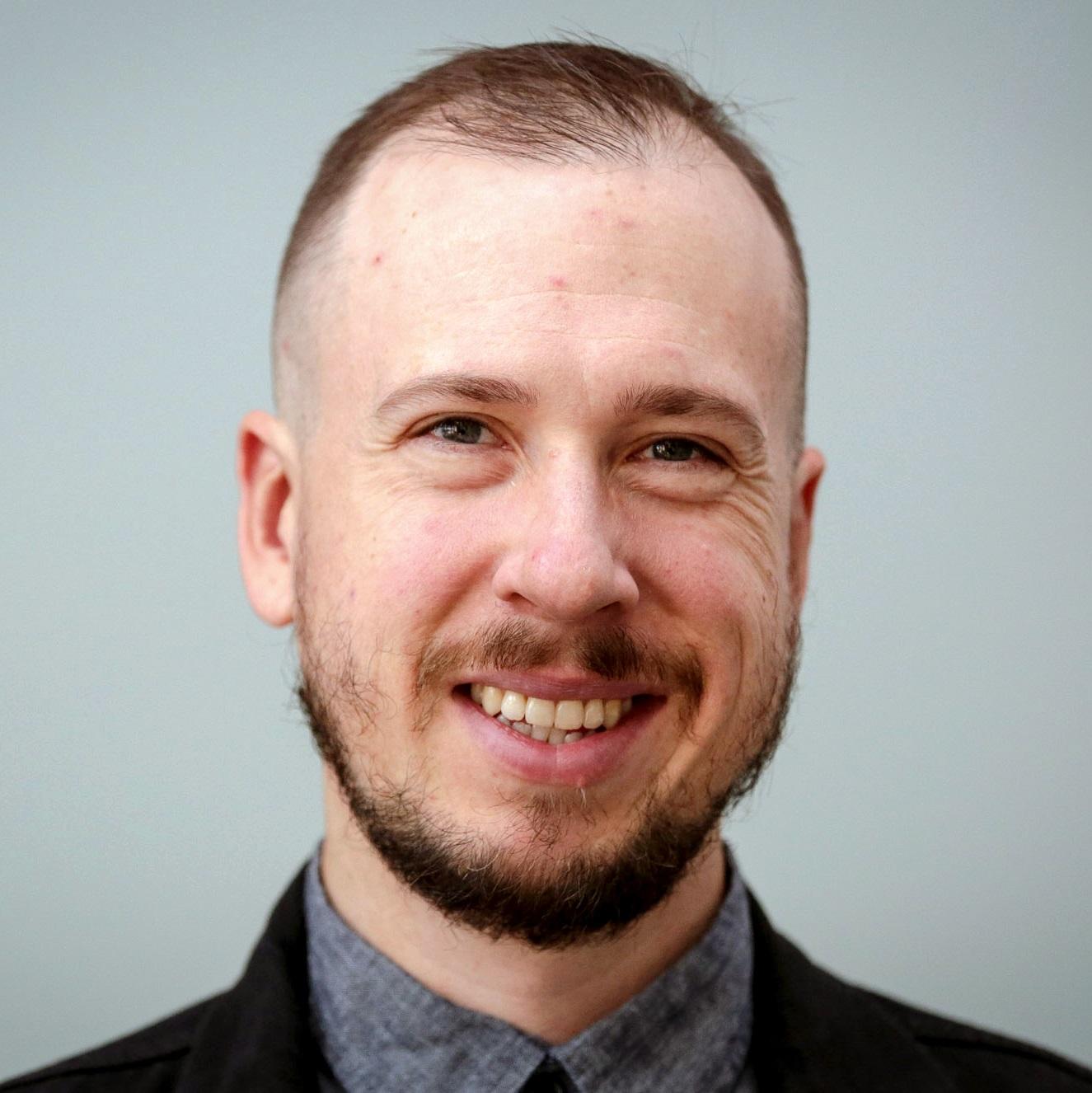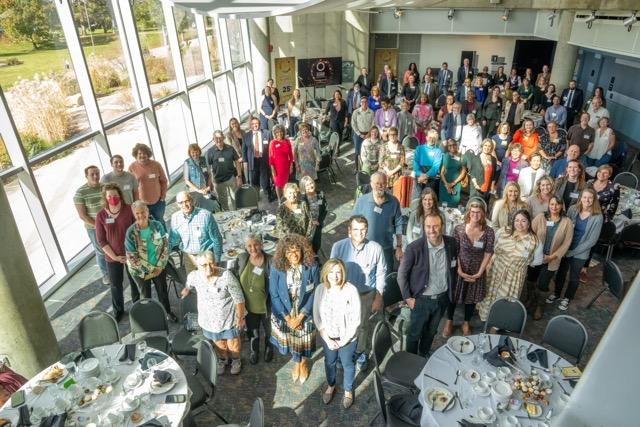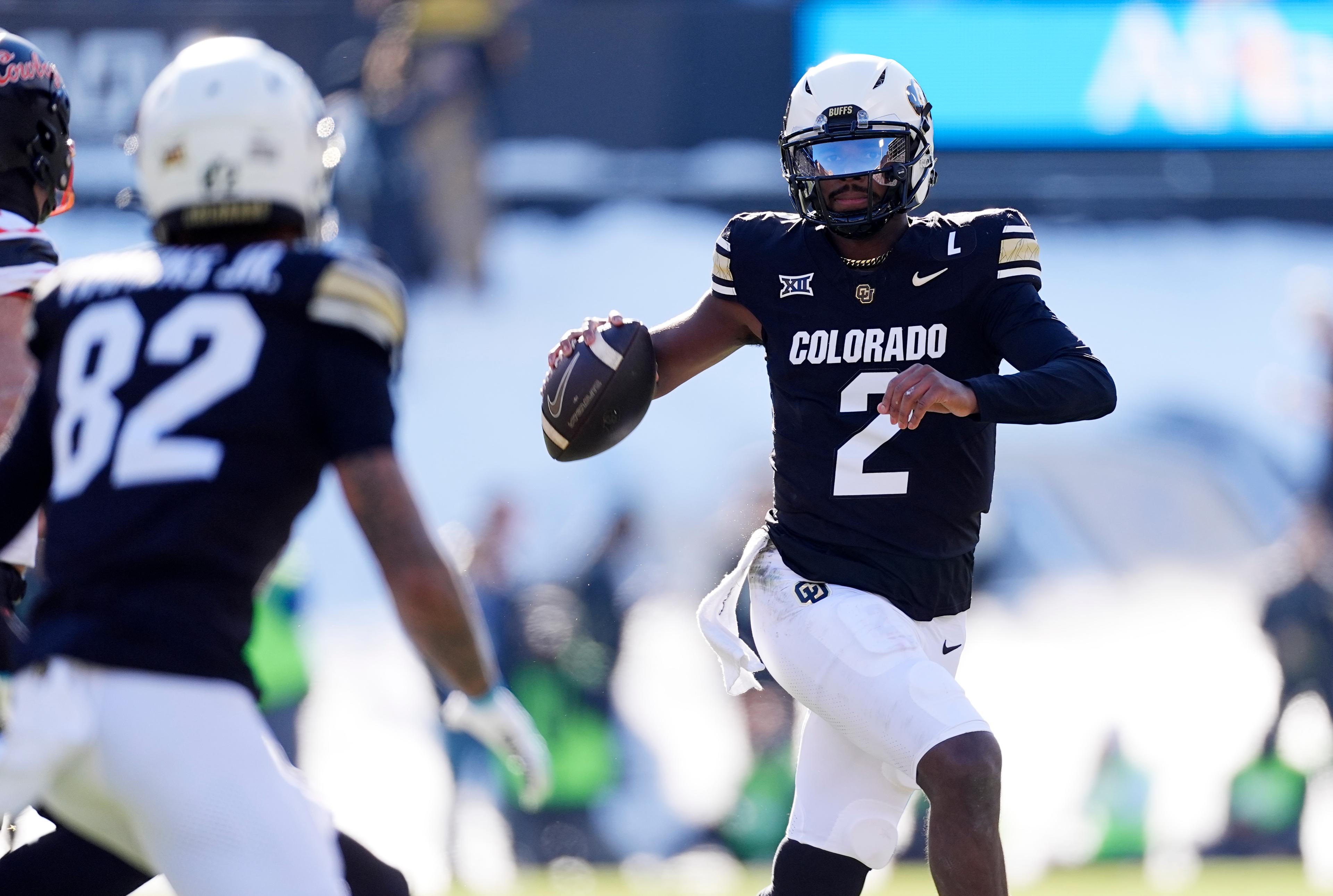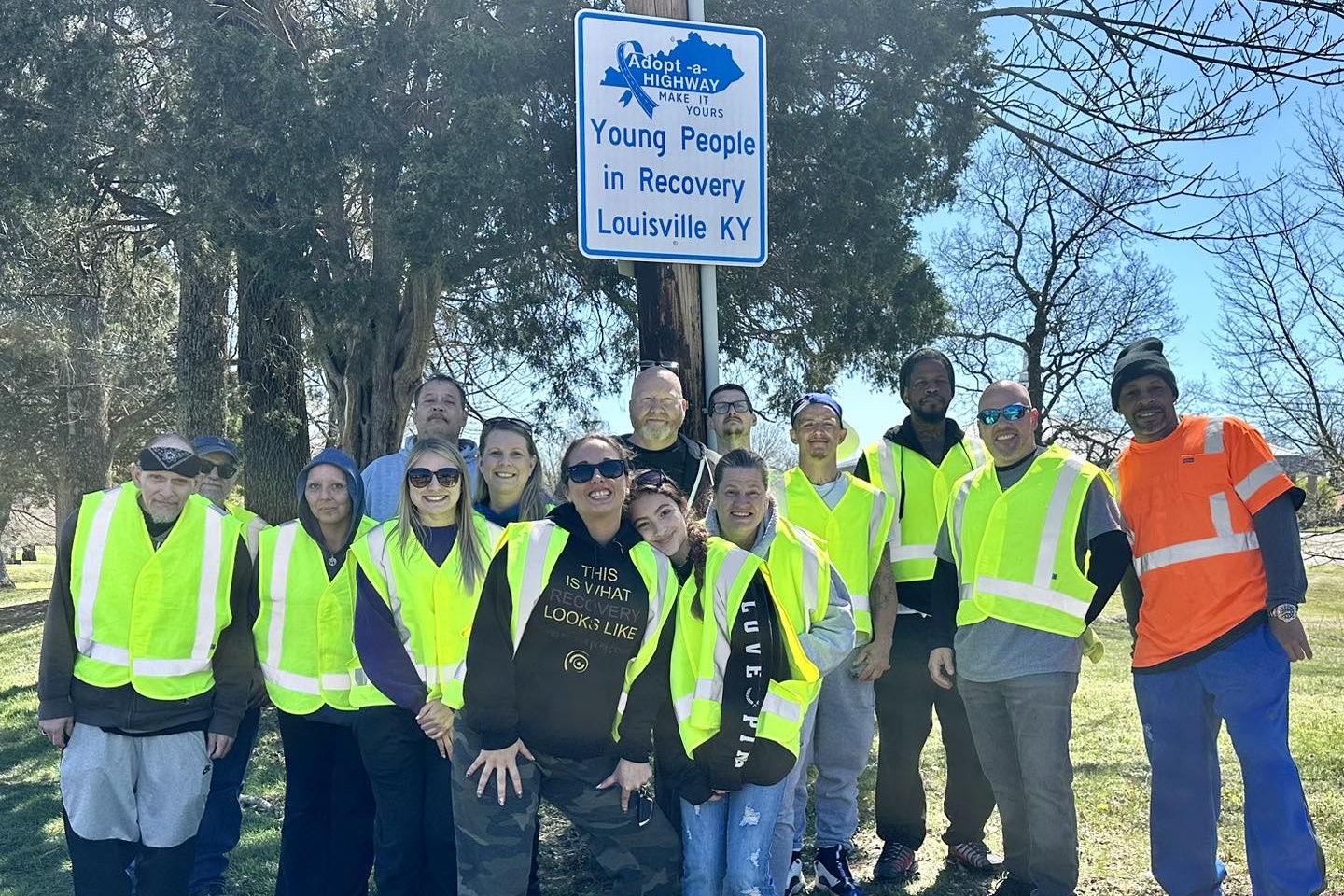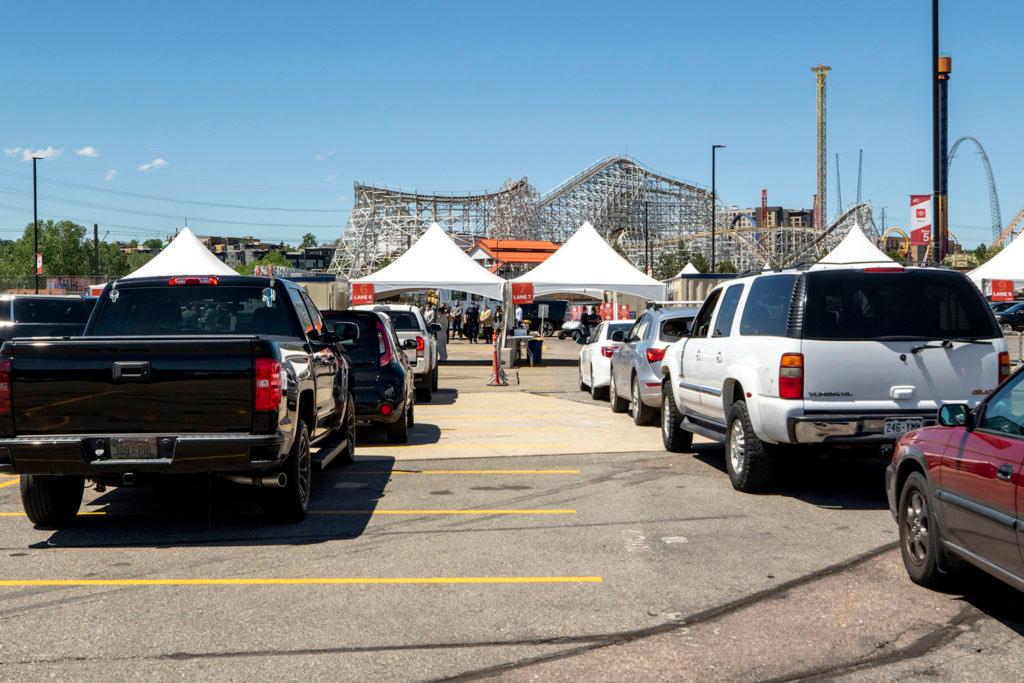
As protests against police brutality continue across Colorado, public health officials are warning about the potential spread of COVID-19 stemming from demonstrations.
Thousands of people have gathered in Denver over recent days in response to the death of George Floyd in Minneapolis, who died last week after a police officer kneeled on Floyd's neck. Similar protests have also played out in Boulder, Colorado Springs, Grand Junction and nationwide.
These are the type of so-called “super-spreading events” that state officials and health experts have hoped to avoid. Many of the state restrictions in place are meant to prevent an infected person from transmitting the coronavirus to others gathered in large groups. The executive order not to gather in groups of more than 10 people is still in effect in Colorado.
“As a public health professional, I am very concerned,” said Theresa Anselmo, who directs the nonprofit Colorado Association of Local Public Health Officials. “One infected person infecting three people infecting nine people infecting 27 people, that’s how the exponential growth occurs. And it is a very real fear that this (virus) will quickly get out of control again because of these events that have been occurring over the last four days.”
Anyone who attends demonstrations should monitor themselves for symptoms, Anselmo said. But part of the challenge is that the disease typically can’t be detected for days or even weeks after infection. Plus, some people might be contagious without even knowing it.
“One of the most unusual aspects of the virus is the high percentage of people that are asymptomatic that spread it,” Gov. Jared Polis said at a press conference on May 20.
On Sunday, Denver Mayor Michael Hancock urged protesters to get tested for COVID-19 for free outside the Pepsi Center on Friday, Saturday or Sunday.
“One of the things we have always been careful to say is that we are still in the midst of a pandemic,” Hancock said. “And we did see and have witnessed people demonstrating in our community peacefully, as well as after hours when it’s not so peaceful, without face coverings.”
More protests are expected this week. At the same time, Colorado scientists have also pointed to the possibility of a second wave of coronavirus cases if the public doesn’t maintain high levels of social distancing.
“I want to make it clear that the reason that the demonstrations were occurring, related to the death of Mr. Floyd, are completely appropriate and understandable,” Anselmo said. “And this all is just a confounding factor to everything else that’s going on.”
CPR's Andrew Kenney contributed to this report.
